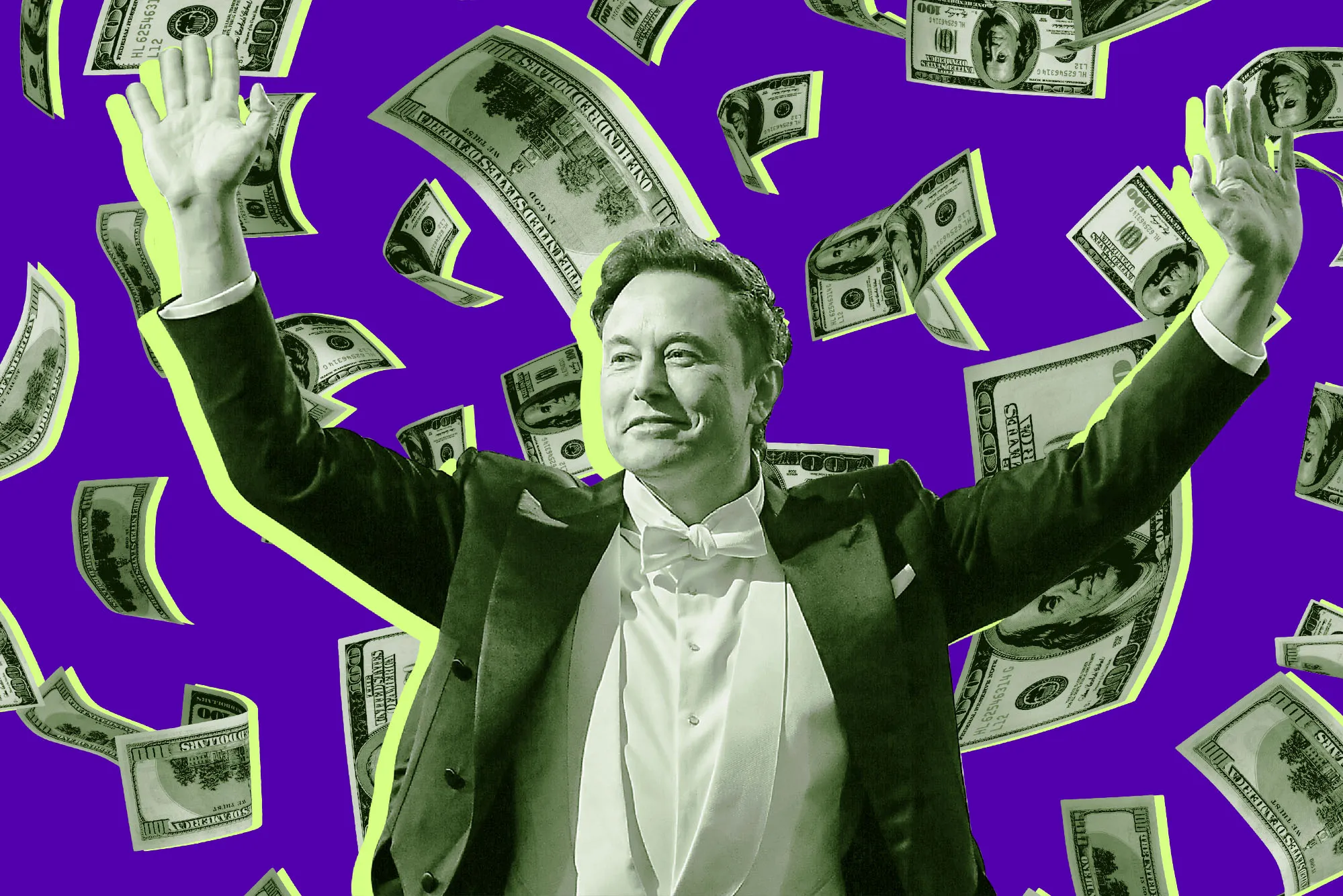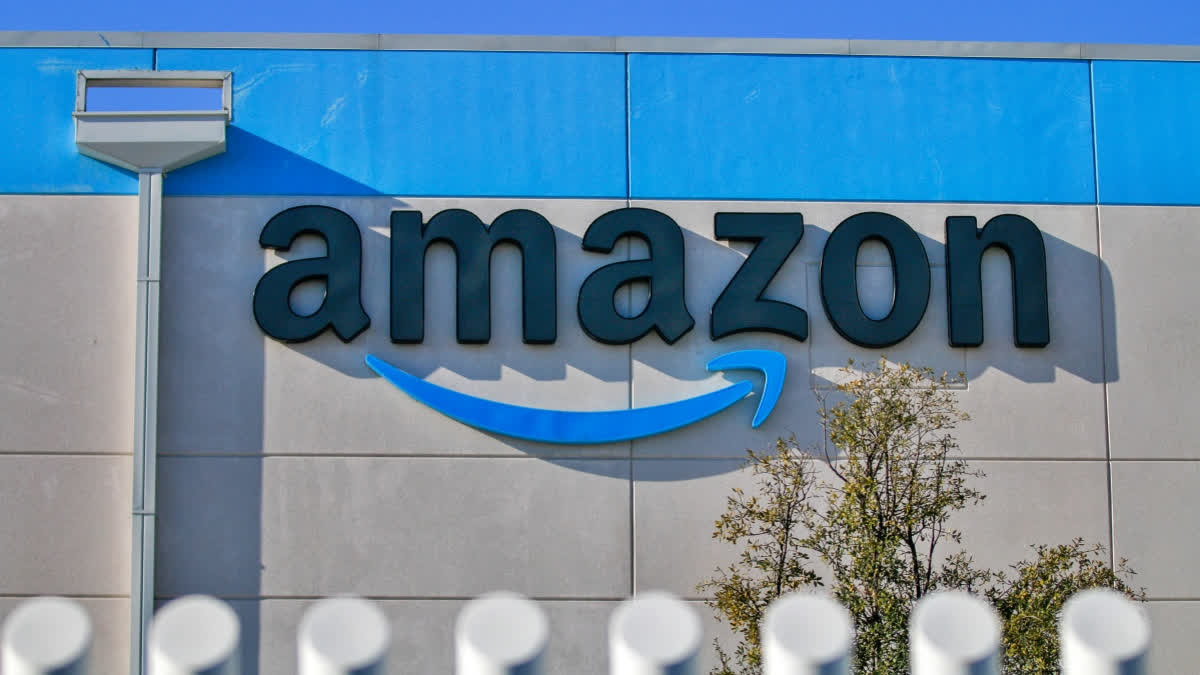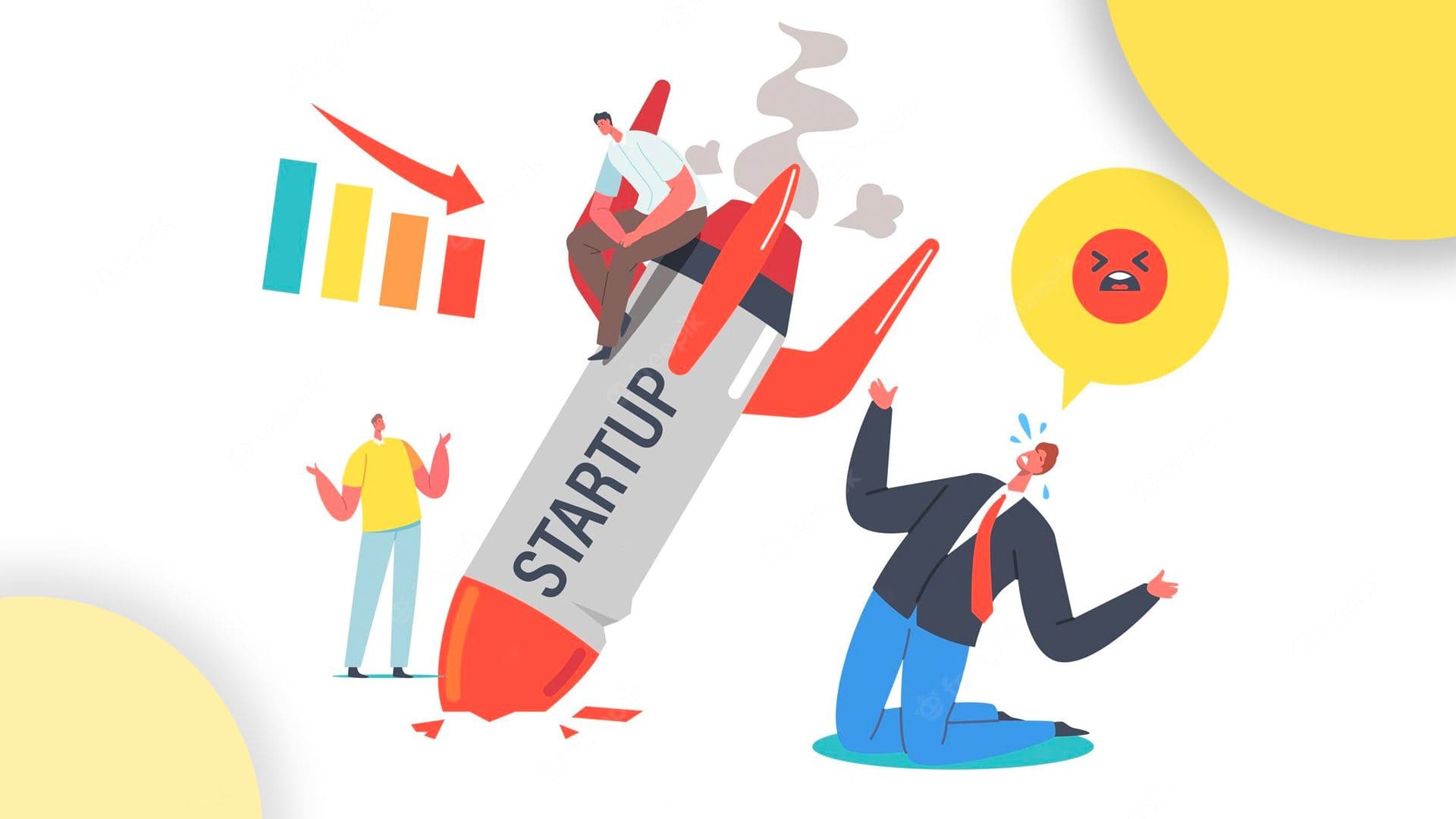Introduction
In a landmark decision that has captured global attention, over 75% of Tesla shareholders approved Elon Musk’s record-setting $1 trillion compensation package at the company’s annual shareholder meeting. The plan, which ties Musk’s potential payout to a series of ambitious performance milestones, has sparked intense debate across corporate governance, leadership, and investor communities.
For professionals and business students, this event is more than news — it is a masterclass in incentive design, strategic leadership, and organizational psychology. What drives leaders? How do incentives shape innovation? And what does this decision reveal about the future of corporate governance?
This case study breaks down the timeline, significance, and lessons behind one of the most controversial executive compensation packages in history.
The Key Players and Their Stakes
Tesla, Inc.
Founded in 2003, Tesla is now the world’s most influential electric vehicle and renewable energy company. Under Musk’s leadership, Tesla has transformed from a niche EV manufacturer into an industry-defining global powerhouse.
Elon Musk
Tesla’s CEO since 2008, Musk is known for his bold risk-taking and ability to push teams toward seemingly impossible goals. His personal brand, vision, and execution ability are deeply interlinked with Tesla’s market valuation.
Tesla Shareholders
The investor base ranges from retail traders to global institutions. Notably, Norway’s sovereign wealth fund and New York State Comptroller Thomas P. DiNapoli were vocal opponents of the package, highlighting governance concerns.
Tesla’s Board of Directors
The board introduced this compensation plan to ensure Musk remains fully committed to Tesla — especially after Musk publicly suggested he might exit if the package was not approved.
Timeline of Key Events
September (Initial Announcement):
Tesla’s board unveils a proposal to grant Musk a massive performance-based compensation plan worth up to $1T, contingent on achieving stringent valuation, profitability, and operational milestones.
Shareholder Opposition Emerges:
Several major institutional investors raise concerns about the package’s size, governance implications, and concentration of power.
Musk’s Warning:
Musk publicly signals that he may reduce involvement or leave Tesla if the plan is rejected — adding pressure to the outcome.
Annual Shareholder Meeting (Thursday):
More than 75% of voting shareholders approve the compensation plan, solidifying it as one of the largest executive pay packages ever approved.
Musk’s Reaction:
Flanked by dancing Optimus robots, Musk declares:
“What we’re about to embark upon is not merely a new chapter of the future of Tesla, but a whole new book.”
Why This Decision Was Significant
A. It Could Make Musk the World’s First Trillionaire
The payout equates to $275 million per day for 10 years, if Tesla reaches extraordinary targets in valuation, production, autonomy, robotics, and profitability.
B. It Redefines Executive Incentives
Never before has a compensation package of this size, tied to such high-risk milestones, been approved. It sets a precedent for performance-based megadeals in tech and beyond.
C. It Highlights the Power of Visionary Leadership
Shareholders overwhelmingly voted in favor because many believe Musk’s leadership is irreplaceable — and essential for Tesla’s next phase involving AI, robotics, autonomy, and energy.
D. It Exposes Tensions in Corporate Governance
Opponents argued the package gives an already powerful CEO disproportionate influence, raising questions about independent oversight.
E. It Reveals the Psychology of High Performance
Even one of the richest individuals on earth requires a motivating “carrot” — a reminder of how incentives drive human behavior at every level.
Key Lessons for Professionals
1. Incentives Shape Behavior — Even at the Highest Levels
The idea that billionaires are intrinsically motivated is incomplete.
Everyone responds to incentives, and well-designed incentives can align personal ambition with organizational goals.
Professionals should ask:
What incentives would motivate my team to stretch beyond the ordinary?
2. Visionary Leadership Creates Economic Value
Tesla shareholders didn’t approve the pay package because of its size — they approved it because they believe Musk can deliver transformative results.
A clear, compelling vision can:
- attract capital
- inspire teams
- reduce resistance to bold decisions
For leaders, the lesson is simple: clarity of vision amplifies influence.
3. Strategic Risk Is Often Necessary for Breakthroughs
Tesla’s compensation plan is a calculated gamble — but so is innovation.
In industries undergoing rapid disruption (EVs, robotics, AI), conservative strategies rarely create breakthroughs.
Professionals should learn to assess:
- when to take risks
- how much risk is appropriate
- what rewards justify those risks
4. Corporate Governance Must Balance Freedom & Accountability
While Musk’s leadership is exceptional, concentrated power can pose governance risks.
Boards must find the balance between:
- giving innovators enough autonomy
- ensuring proper oversight
Good governance is not about restriction — it is about sustainable accountability.
5. Motivation Requires Both “Carrot and Stick”
The psychology behind this event is powerful:
- The carrot: a $1T potential reward
- The stick: global scrutiny and pressure to perform
Professionals often underestimate the importance of designing both:
- A meaningful goal that inspires forward movement
- A standard of discipline that prevents complacency
Your team — and your personal goals — need both.
Final Takeaway
Tesla’s approval of Elon Musk’s $1T pay package is more than a headline. It is a strategic case study in leadership, incentives, board governance, organizational psychology, and the future of innovation.
At its core, this decision reflects a powerful truth:
Extraordinary outcomes require extraordinary motivation.
For professionals, entrepreneurs, and leaders, the real question is not whether Musk deserves the package.
The question is:
What “carrot” is big enough — and what “stick” is strong enough — to make you grow into the person capable of achieving your greatest goals?



